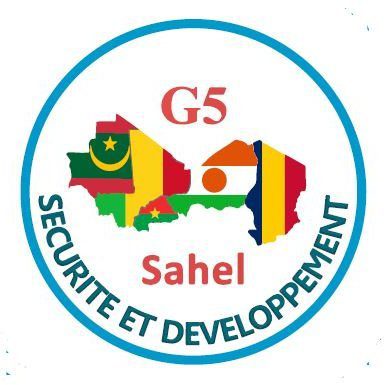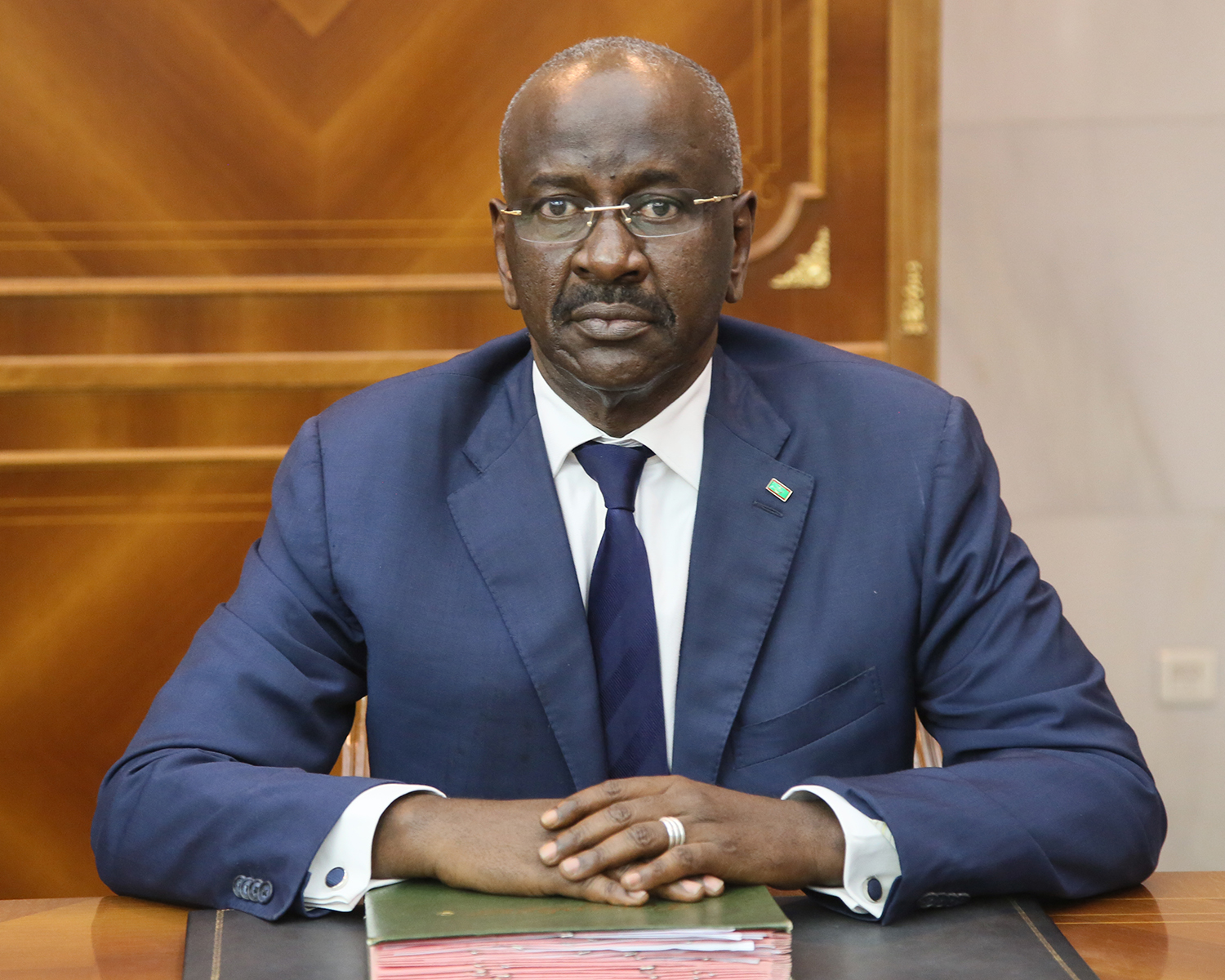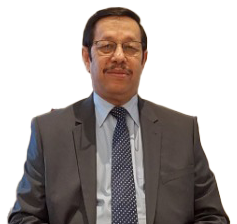Mauritania, which currently chairs the G5 Sahel, presented a roadmap for relaunching the group’s activities and restoring trust with partners.
The road map aims to strengthen the capacities of defense and security actors to combat insecurity in the Sahel region, improve the conditions for sustainable development of the population of the Sahel region, increase the access of populations in trans-border areas to basic social and economic services (education, health, social protection and food security), as well as promote regional integration. By developing infrastructure and strengthening partnership between the five Sahel countries and regional and international actors.
The map includes four structural axes related to the fields: diplomacy, security and defense, organizational and institutional review of the executive secretariat of the Sahel Group, in addition to development, integration and resilience.
The diplomatic axis focuses on normalizing and calming relations between member states and coalition partners, especially the normalization of relations between Mali and Burkina Faso with the important partners in the Group of Sahel States, and developing the necessary conditions for the future reintegration of Mali into the organization in line with the speech of His Excellency the President of the Republic at the extraordinary summit in N’Djamena. , during which he declared his intention to continue working for the return of our Malian brothers to the family of the Group of Sahel States, in addition to the creation of a think tank whose mission is to constantly strive to improve relations and good relations within the Organization, especially with member states and with partners.
This axis includes working to support dialogue and the return of peace and reconciliation among member states by supporting member states in their efforts to restore peace and control over their national lands, providing afflicted member states with moral and religious support in their efforts to combat extremism, sharing the Mauritanian experience and the experience of its security and civil forces in protecting the population and promoting Security.
In the defense and security axis, the roadmap included work to strengthen the capabilities of the group’s joint force, and to protect the population through the systematic stabilization of stability in the liberated areas and for the vulnerable population as a way to restore state authority and provide basic services in a sustainable manner, in addition to strengthening mechanisms to prevent human rights violations.
The third axis of the (institutional) roadmap revolves around the organizational and institutional review of the executive secretariat of the G5 Sahel and the monitoring and evaluation system, in the context of the withdrawal of the Republic of Mali.
As for the axis of development, integration and response, it focuses on revitalizing relations between the executive secretariat of the Group of Five Sahel countries and its partners.
Mauritania, as the chair of the group, will convene a high-level meeting that brings together the executive secretariat of the Sahel group and the coordinators of the group of Sahel countries, the Sahel Alliance and the Sahel Coalition, to discuss ways to improve international partnerships to better serve the national and regional action of the Sahel region.
Mauritania will work at the level of international organizations (ECOWAS, the African Union, the European Union, and the United Nations) to expand the scope of regional, continental and international cooperation.
The development axis also includes the development and launch of the Project Implementation Plan 2023-2025, which emanates from the Summit of Heads of State in February 2021 and gives priority to projects with a regional dimension to enhance integration and improve access to basic services for the benefit of the target population and take into account the effects of climate change and its consequences on the lives of the population.
The roadmap concluded that the expected outcome of this comprehensive approach is to define a framework for exchange and consultation that complements each other’s actions in pursuing the G5 Sahel mission.
Mauritania emphasized that the Peace Implementation Plan should be in line with the Development and Security Strategy 2023-2033 as a frame of reference for the economic and social development of the G5 Sahel countries, the national development plans and the vision of the current presidency, as well as the regional priorities of the member countries.
Mauritania pointed out that these projects will focus mainly on applying innovative educational curricula at the level of basic education, developing renewable energy projects, access to water in rural areas in particular, improving the productivity of the agricultural sector and developing livestock in the region.




